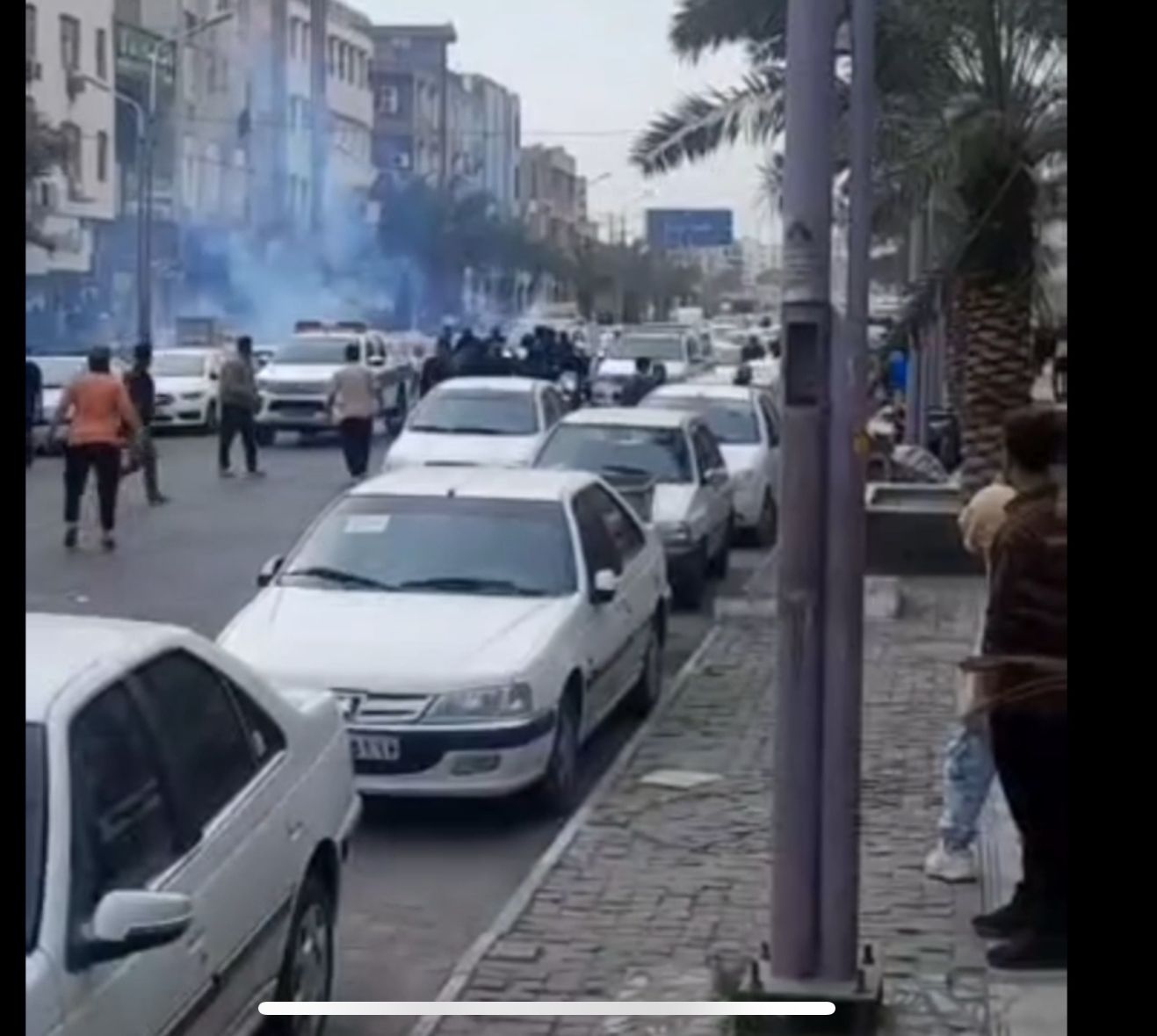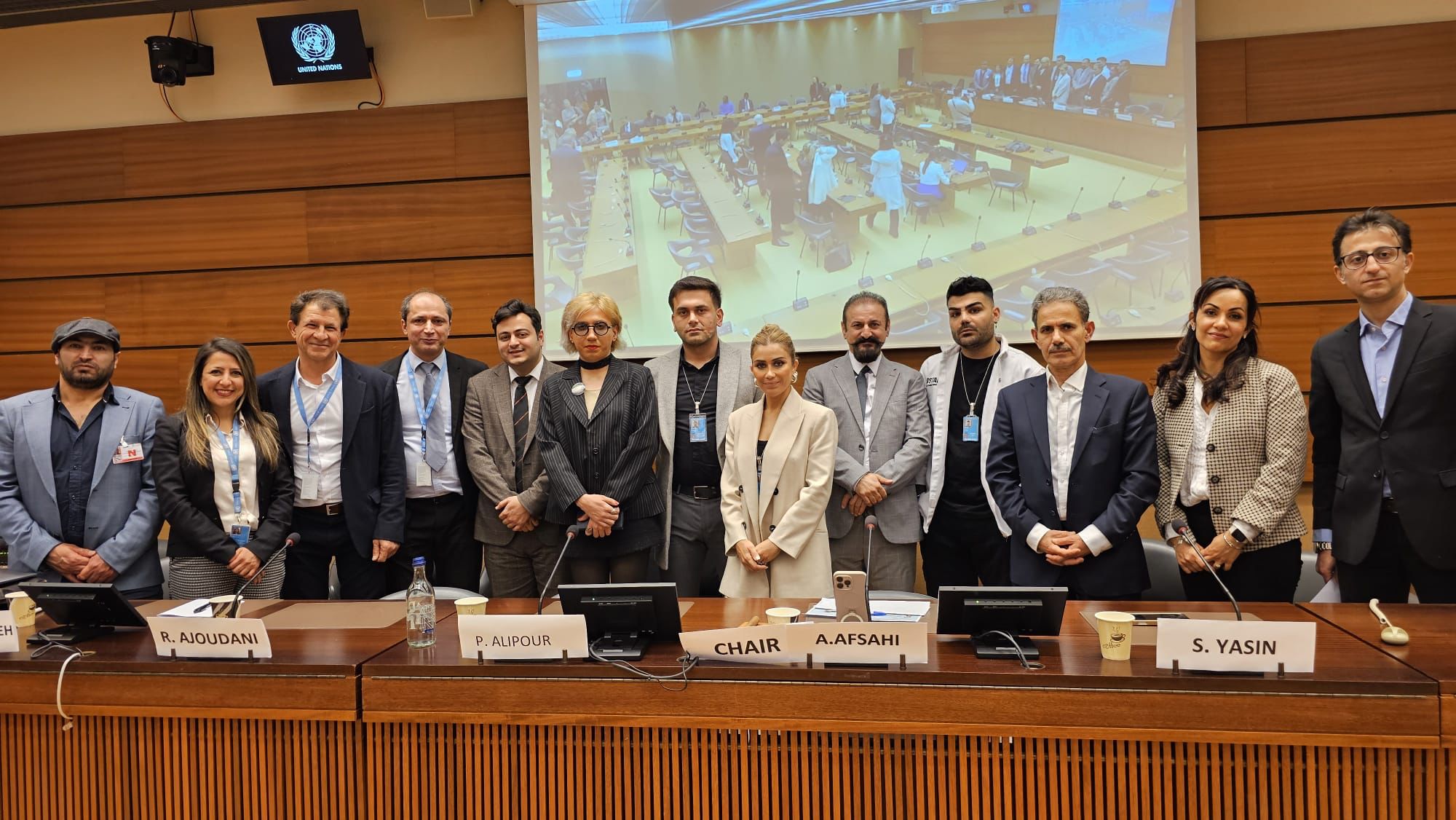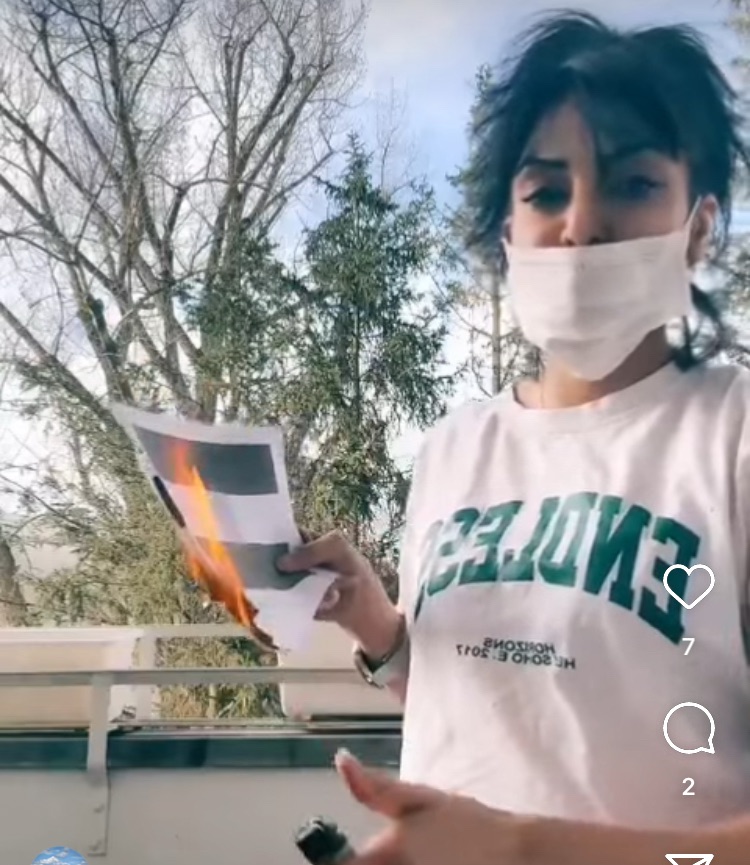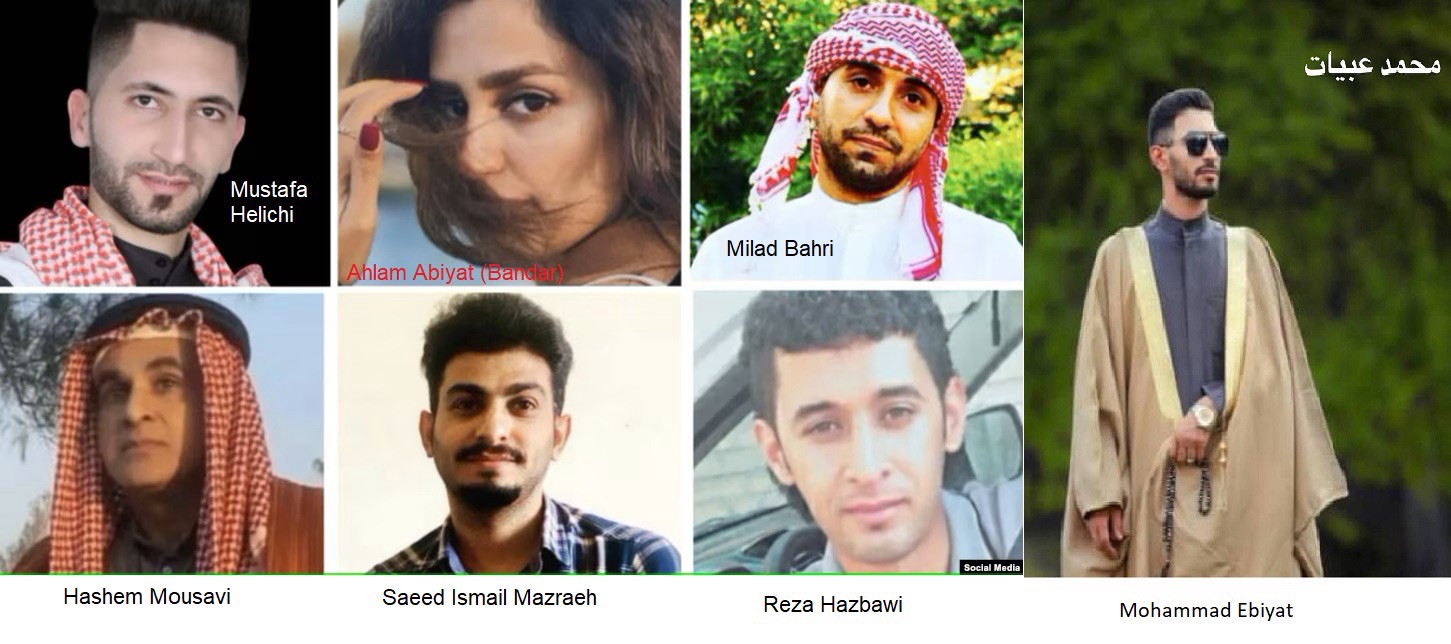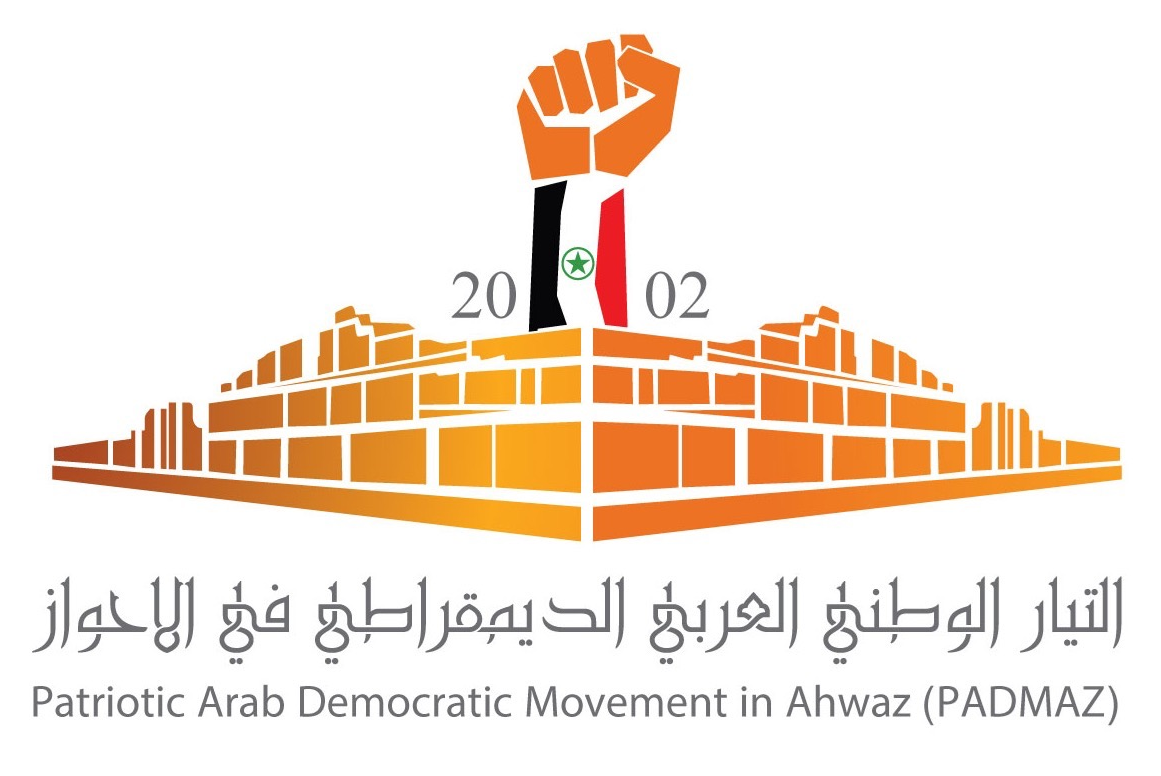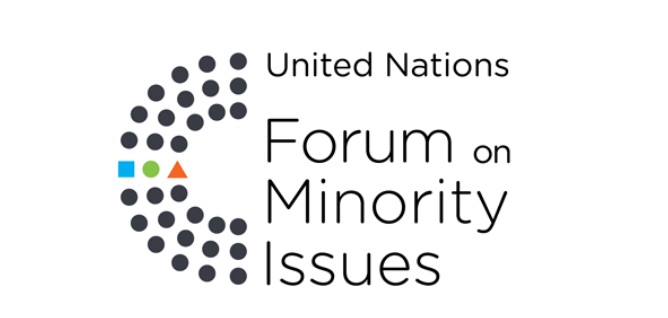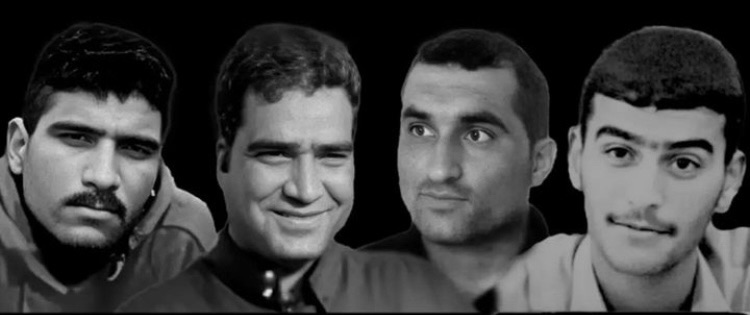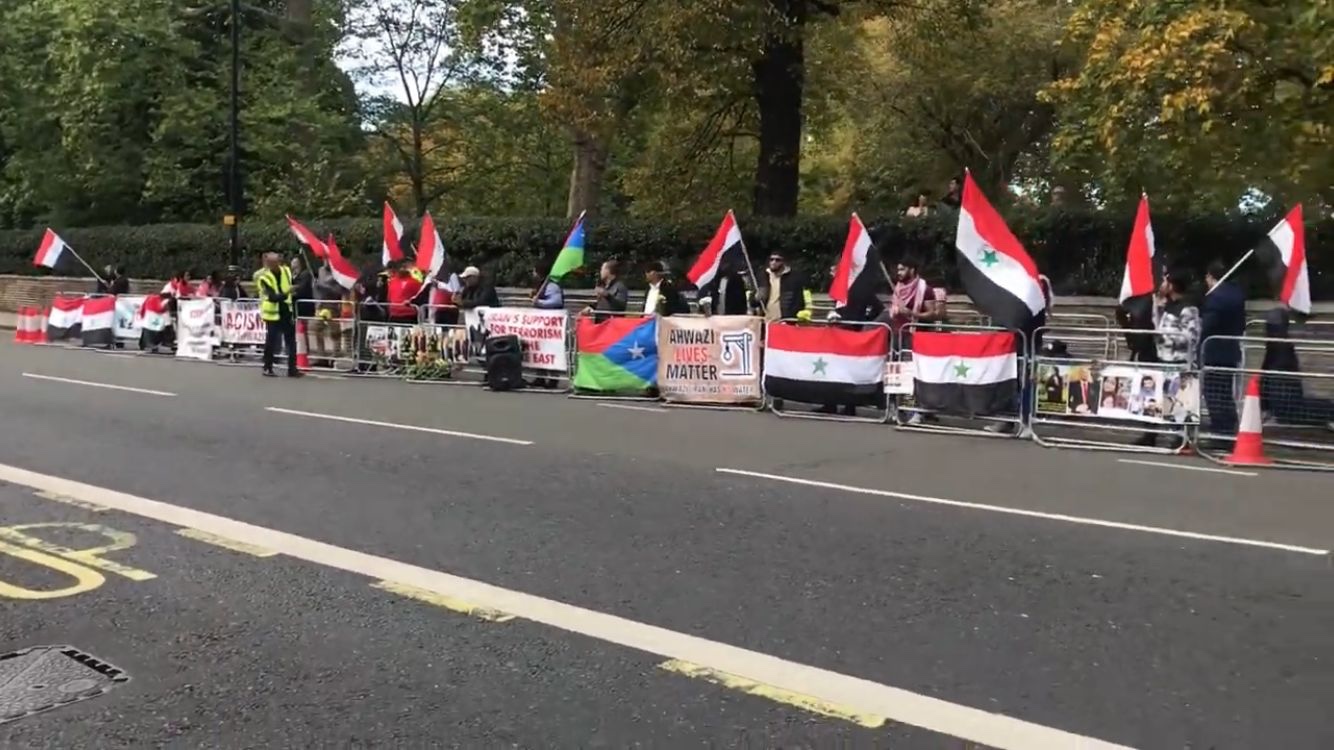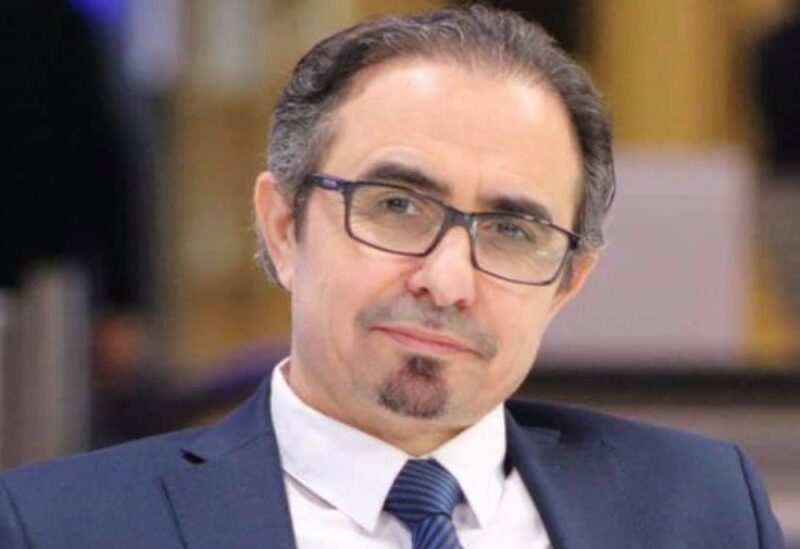Four Ahwazi political prisoners are in imminent risk of execution
PADMAZ – According to local human rights sources from Ahwaz, four Ahwazi political prisoners are at risk of imminent execution after two years of torture. Ali Motairi, Hossein Silawi, Ali Khasraji and Ali Mojaddam are the four Ahwazi political prisoners who were arrested more than two years ago and whose death sentences have recently been upheld by the Supreme Court of Iran. They were transferred from Sheiban Prison in Ahwaz to an unknown location on Sunday, September 20th, 2020.

According to local human rights sources, these Ahwazi prisoners have been detained by the intelligence service for more than two years and have been subjected to the most brutal torture. The families of these Ahwazi prisoners, despite many follow-ups, have not been able to get any news from their sons. Also, the families’ request to appoint a lawyer for their sons was not accepted, and these Ahwazi prisoners were not allowed to have a lawyer of their choice. In contrast, the judiciary has selected lawyers from among iran’s intelligence lawyers to represent these political prisoners.

According to the families of those sentenced to death, the captive lawyers did not help the families to find out about their son’s condition and only confirmed the accusations made by the regime.
Based on observations from the families of the detainees, Ahwazi human rights activists reported that the four political prisoners had been held in solitary confinement for a long time and had been severely tortured by the intelligence services. These detainees have also been forced to confess under severe torture and threats to detain their family members, especially women.
On the other hand, Ahwazi human rights activists have stated that the Islamic Republic of Iran, by securitization of the case of these Ahwazi political prisoners, not only did not allow them to have a lawyer, but also forced families to remain silent and did not provide any information about their sons.
Ahwazi human rights activists believe that such brutal treatment of prisoners and their families, and making security cases against detainees and boycotting any news from them, the refusal to select a lawyer and the regime’s propaganda to blacklist these prisoners, all indicate the regime’s extensive efforts to boycott the ongoing human rights violation.
In this regard, local human rights sources have condemned the disinformation published on social media about these Ahwazi detainees and the accusations made by the Islamic Republic against these Ahwazi prisoners, calling it a step in the direction of endorsing the inhumane policies of the Islamic Republic of Iran. These human rights activists believe that these confessions were made under brutal torture for a long time, far from any information and the right to have a lawyer. In addition, the regime has carried out propaganda against these prisoners, and in the shadow of its secrecy, it seeks to prove its accusations against these Ahwazi prisoners.
Ahwazi human rights activists called on all humanitarians not to pay any attention to the security allegations made by the regime. They also called for defending the lives of the four Ahwazi political prisoners and helping with spreading right information about them.
PADMAZ

